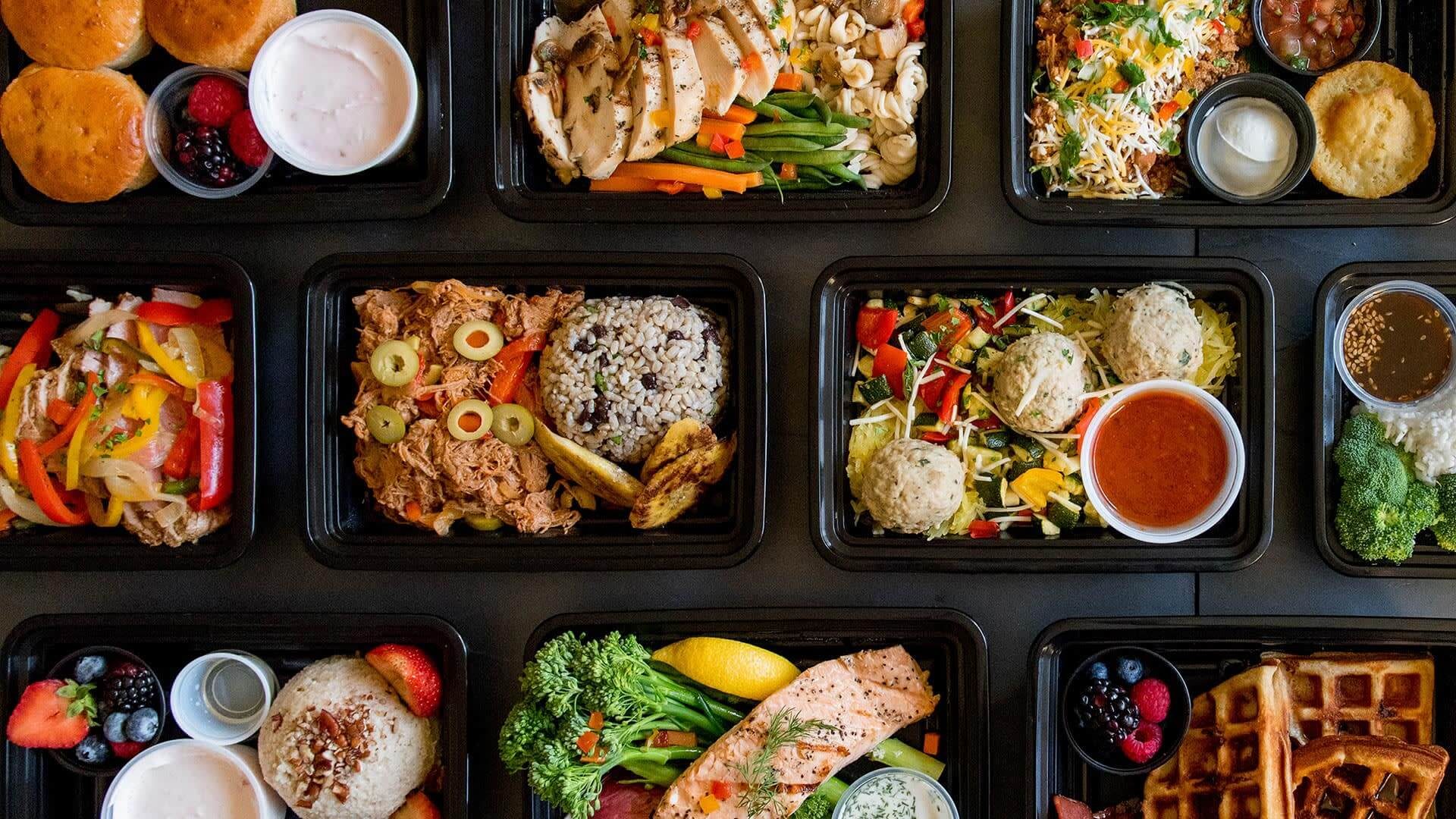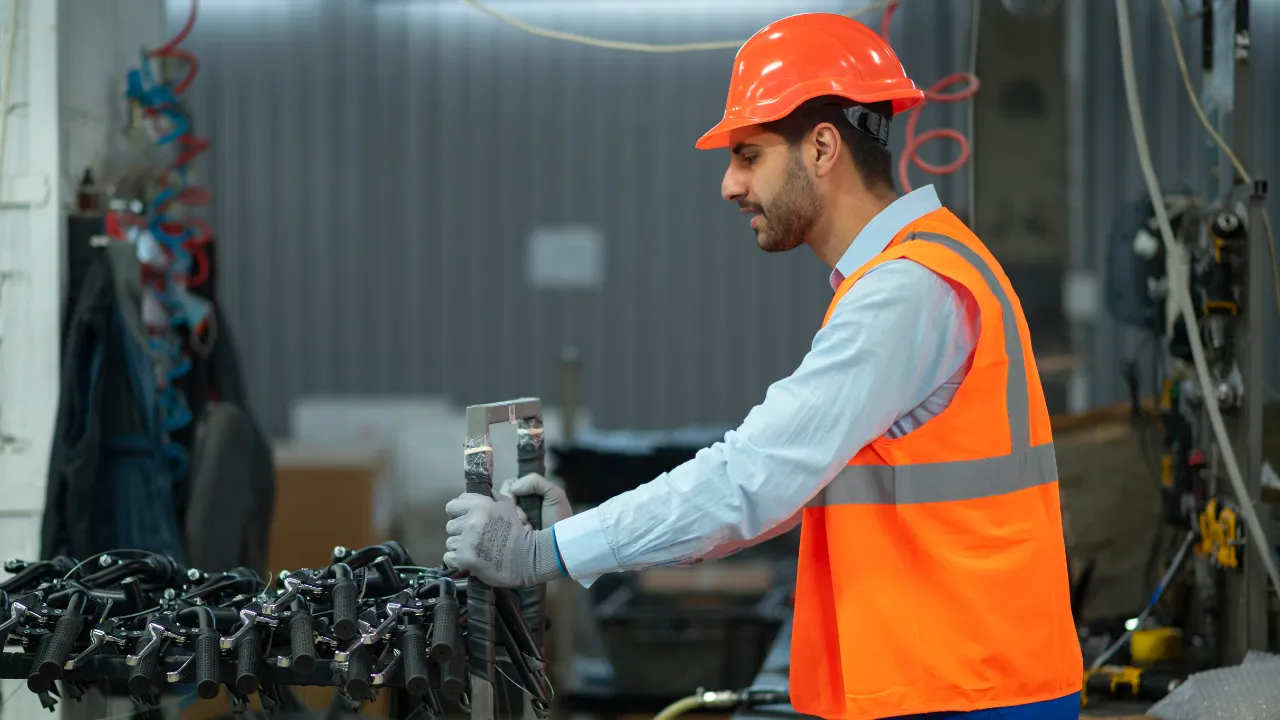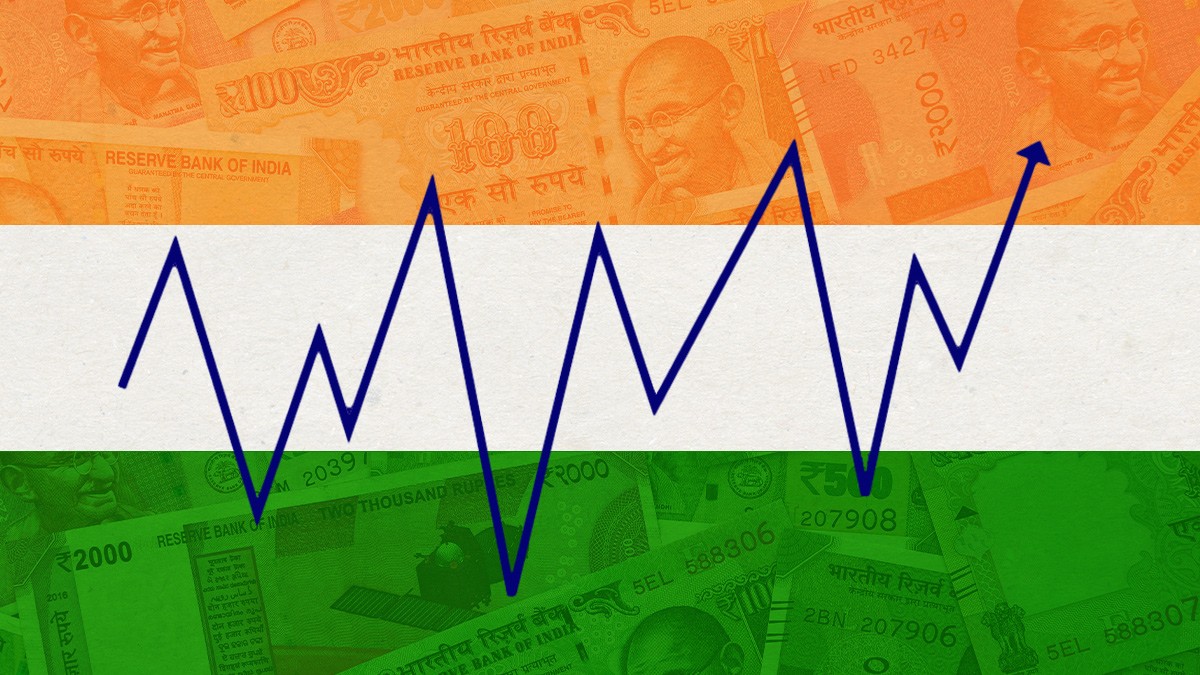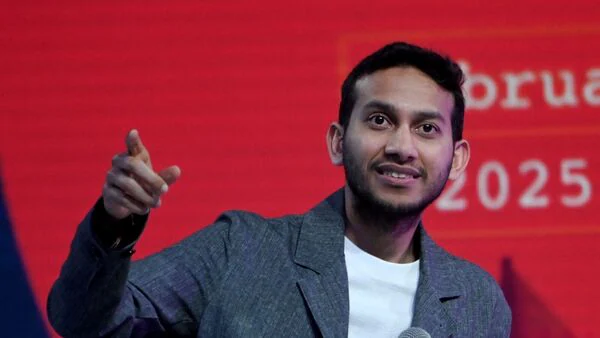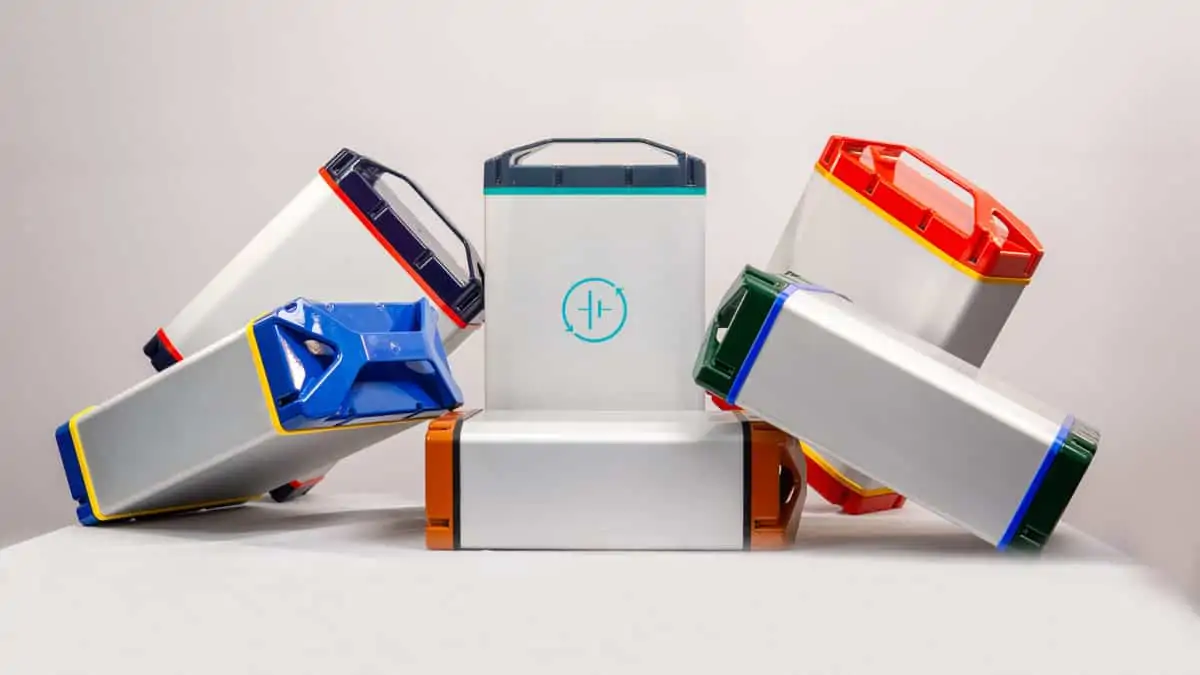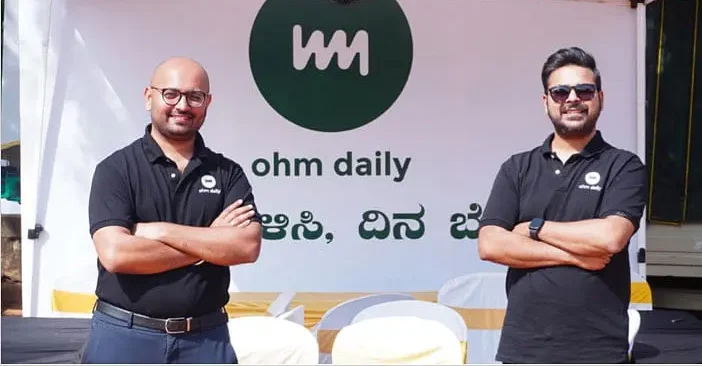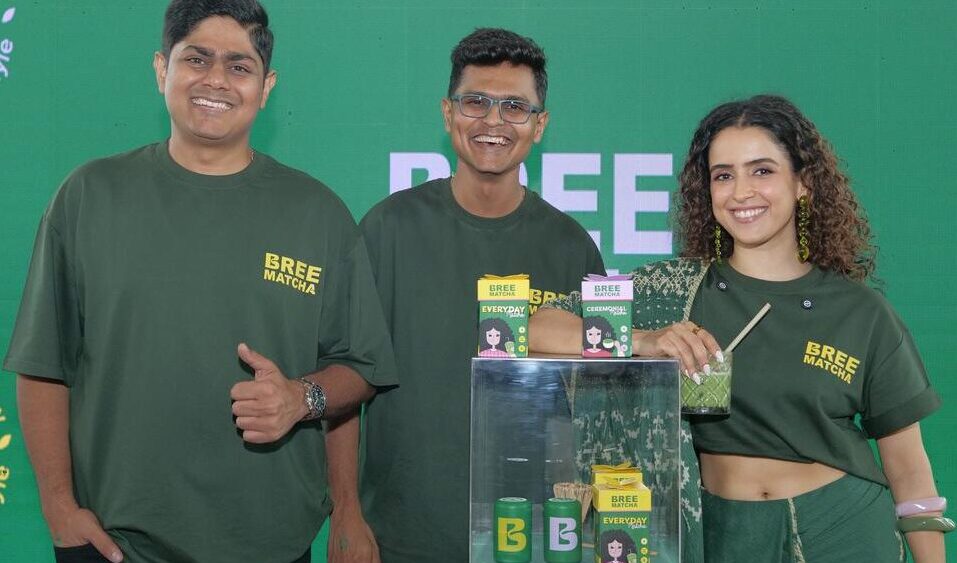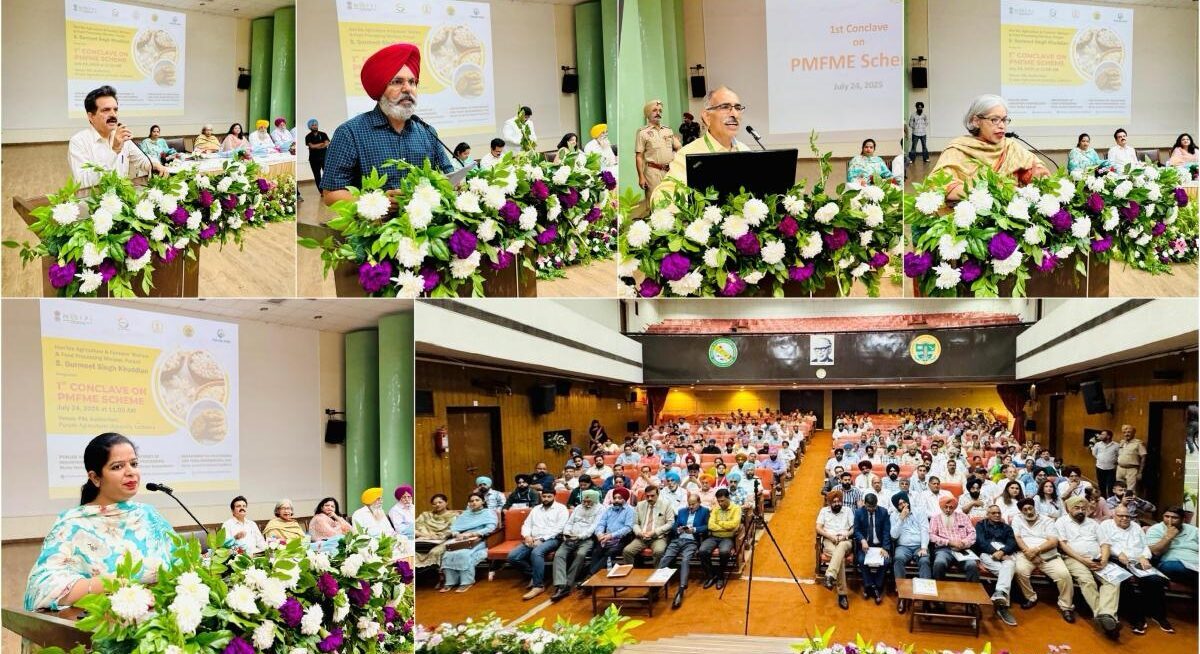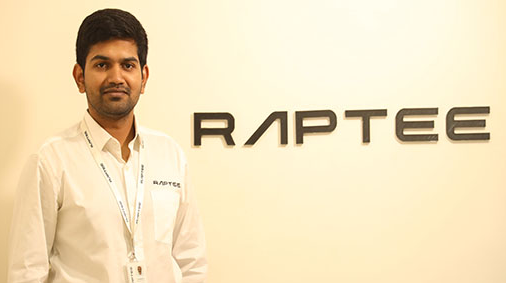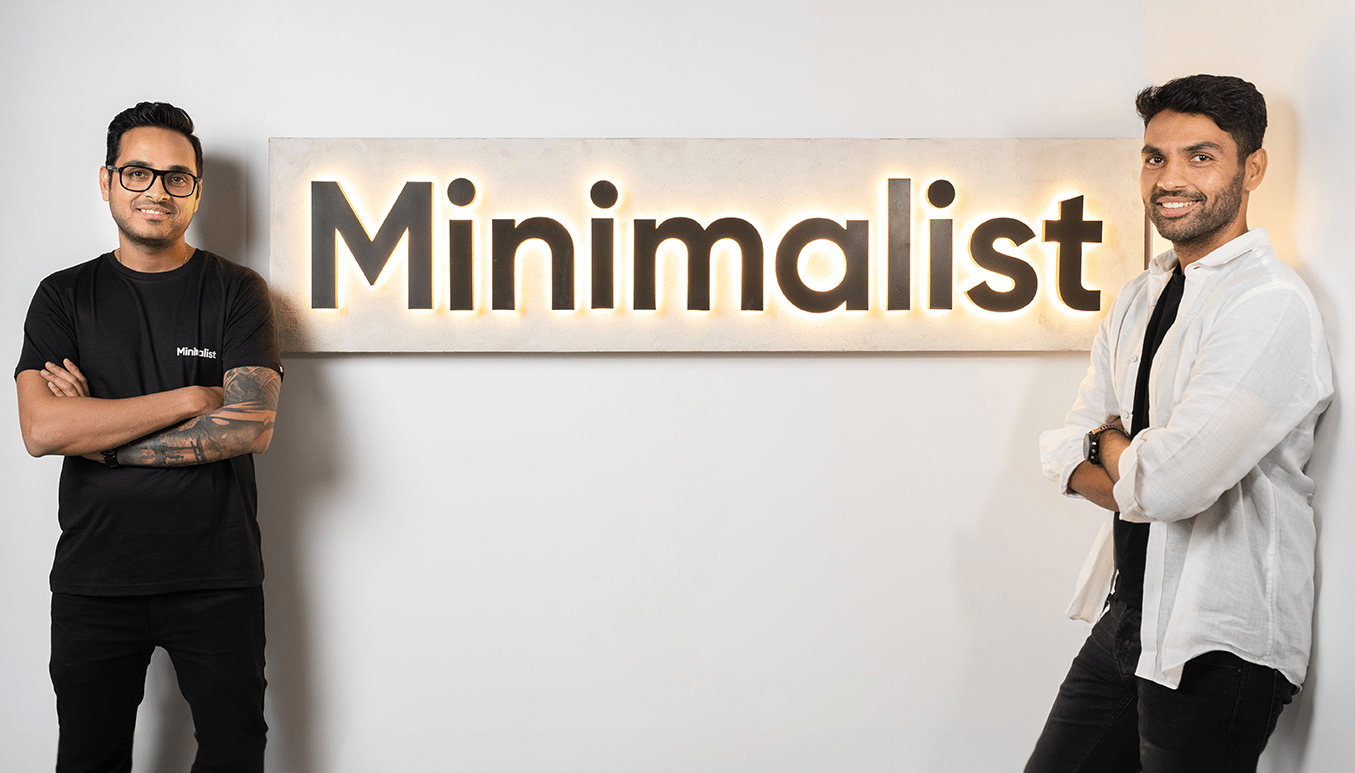The concept of 10-minute deliveries is reshaping the food delivery landscape in India. Major players like Zomato and Swiggy are leading the charge, leveraging innovative methods to satisfy the growing demand for rapid service. This swift delivery model caters to the impatient, urban consumer seeking convenience and instant gratification.
How 10-minute deliveries work
Platforms such as Zomato’s Bistro and Zepto Cafe use in-house kitchens for speedy preparation, while Swiggy collaborates with established brands like Starbucks and McDonald’s to meet the strict timeline. This approach ensures hot meals and beverages arrive at customers’ doorsteps in record time.
Despite its promise, achieving such speed requires precise logistics. Companies maintain delivery times through optimized processes, stringent hygiene standards, and controlled cooking environments. For instance, Zomato’s Bistro emphasizes freshly prepared dishes, avoiding microwaved frozen food, to uphold quality.
The impact of quick food deliveries
The rise of 10-minute deliveries has significantly impacted India’s food delivery market. According to JM Financial, the market is expected to grow from $7 billion in 2023 to over $15 billion by 2029. As companies penetrate untapped segments like breakfast and snacks, they open new avenues for growth.
However, challenges persist. Maintaining delivery speed on India’s chaotic roads and scaling operations with a limited menu are complex tasks. Yet, consumer demand continues to drive this trend, with services like Swiggy’s Bolt expanding to over 400 cities.
Health and consumer concerns
While convenient, the popularity of ultra-fast deliveries has raised concerns about nutrition and food quality. Critics argue that the focus on speed may compromise health standards, with an increased reliance on processed foods. In response, companies assure customers of rigorous quality checks and freshly prepared meals.
The future of 10-minute deliveries
As competition intensifies, the battle for dominance in 10-minute deliveries is heating up. With players like Zepto, Zomato, and Swiggy investing heavily in infrastructure and technology, this trend is poised to redefine India’s food delivery ecosystem. The question remains: can these platforms balance speed, quality, and sustainability in the long run?









